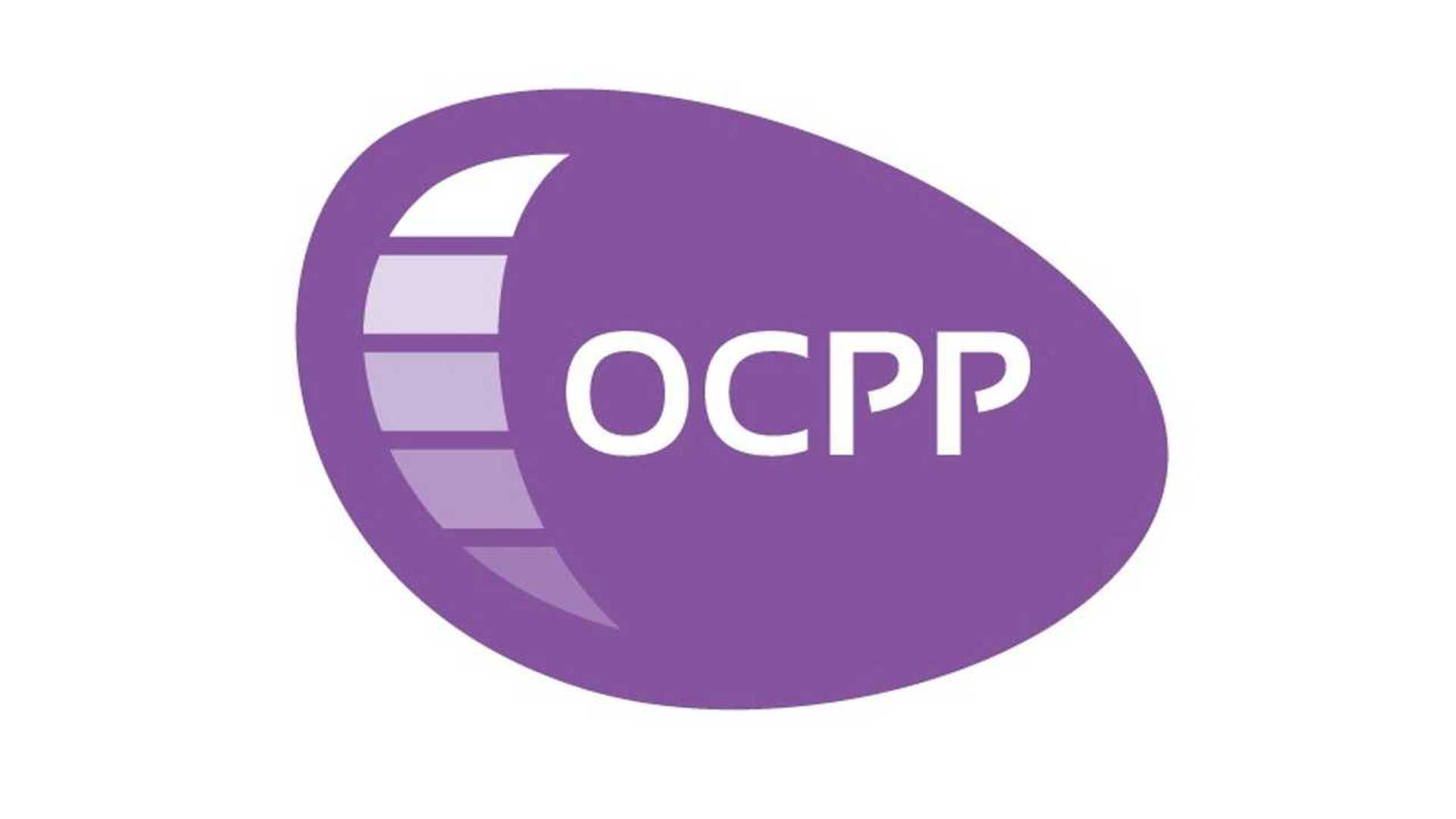
On September 16, 2025, the International Electrotechnical Commission (IEC) published the approval of the Open Charge Point Protocol (OCPP) as an international standard, IEC 63584. This move solidifies OCPP’s role as a core component in the world of EV charging technology. For students studying software engineering, electronics, and related fields, OCPP will now be a standard part of university engineering programs. Here’s what this milestone means for the next generation of engineers and for the growing electric vehicle (EV) ecosystem.
What is OCPP and Why is It Important?
OCPP, the Open Charge Point Protocol, is an open-source communication standard that enables interoperability between EV charging stations and central management systems. Originally developed by the Open Charge Alliance (OCA), OCPP has become a widely used framework in the EV industry, allowing for secure and efficient data exchange across diverse EV charging infrastructure.
Benefits of OCPP for the EV Industry:
Interoperability: OCPP fosters seamless communication across charging networks, regardless of the manufacturer or software provider.
Scalability: With an open protocol, OCPP-based systems are easily scalable to support new features, integrations, and upgrades.
Future-Proofing: As the EV landscape evolves, OCPP allows for ongoing adaptations, making it ideal for emerging needs and technologies in charging.
As an official IEC standard, OCPP now carries the weight of international recognition, supporting its adoption in engineering programs to better prepare students for careers in the rapidly expanding EV and smart grid sectors.
IEC 63584: The Official Standardization of OCPP
The IEC’s decision to approve OCPP as IEC 63584 marks a significant shift in the status of OCPP from an industry standard to a globally recognized educational framework. With IEC’s approval, OCPP has joined the ranks of standards that shape industry practices worldwide, highlighting its importance in the development of EV infrastructure.
What IEC 63584 Means for Engineering Curriculums:
1. Formalized Learning: OCPP’s integration as an IEC standard encourages engineering universities to formally include it in their courses, giving students hands-on experience with industry-standard technology.
2. International Curriculum Alignment: IEC 63584 establishes a benchmark for institutions worldwide to align on the knowledge and skills required for future engineers in EV and smart grid applications.
3. Focus on Real-World Applications: By learning a practical protocol like OCPP, students gain relevant skills that will benefit them directly in roles focused on software engineering, electronics, and data communication in EV charging.
The Significance of OCPP in Engineering Programs
For software engineering, electronics, and IT students, understanding OCPP is becoming increasingly valuable. With this new chapter in their curriculum, students gain exposure to a protocol that powers EV charging infrastructure globally.
1. Cross-Functional Skills Development: Teaching OCPP requires students to understand and work within both software and hardware contexts, essential for those developing software and firmware for IoT and smart grid systems.
2. Interdisciplinary Learning: OCPP provides a unique learning path, intersecting computer science, electrical engineering, and data management. This interdisciplinary approach equips students with versatile skill sets needed in fields like renewable energy, automotive technology, and telecommunications.
3. Hands-On Projects: Universities can integrate OCPP-based projects into their lab sessions, where students work on real-world simulations of EV charging stations. These experiences strengthen student competencies in areas such as embedded systems, cybersecurity, and data interoperability.
How Universities Can Implement OCPP in Their Programs
With the IEC standardization of OCPP, universities have a clear framework for teaching the protocol in various disciplines, especially those related to smart technologies and renewable energy. Here’s how they might implement this new chapter:
Core Modules in EV and Smart Grid Courses: OCPP can be introduced as a central part of courses on smart grid technology, IoT for EVs, and energy management.
Project-Based Learning: Engineering programs can include hands-on projects, such as setting up a simulated EV charging network where students apply OCPP for real-time data management and monitoring.
Workshops and Guest Lectures: Collaboration with industry experts can bring real-world insights to students. Workshops can give students practical training in working with OCPP-compliant systems and devices.
Research Opportunities: For students interested in further study, OCPP opens doors to research on topics like communication protocols, cybersecurity in EV infrastructure, and advancements in charging technology.
The Future Impact of OCPP as IEC Standard 63584
By becoming a part of the engineering curriculum, OCPP’s influence will extend well beyond individual charging stations to impact the entire ecosystem of EV charging. This standard will:
Promote Global Standardization: With new engineers trained in OCPP, there will be greater uniformity in charging technology across different regions, helping drive global EV adoption.
Encourage Innovation: Students familiar with OCPP are well-positioned to innovate within the industry, contributing to advancements in faster, smarter, and more efficient EV charging technologies.
Prepare a Future-Ready Workforce: As EVs and smart grids expand globally, engineers skilled in OCPP will be ready to lead the development of sustainable and scalable charging solutions.
The IEC’s official approval of OCPP as a standard for engineering curriculums is more than an industry milestone it’s a bridge between academia and the dynamic world of electric vehicles. As IEC 63584, OCPP now shapes the education of future engineers, enabling them to contribute meaningfully to the evolution of EV infrastructure. This milestone aligns academic learning with industry needs, preparing a generation of engineers ready to meet the challenges of a greener, technology-driven future.






